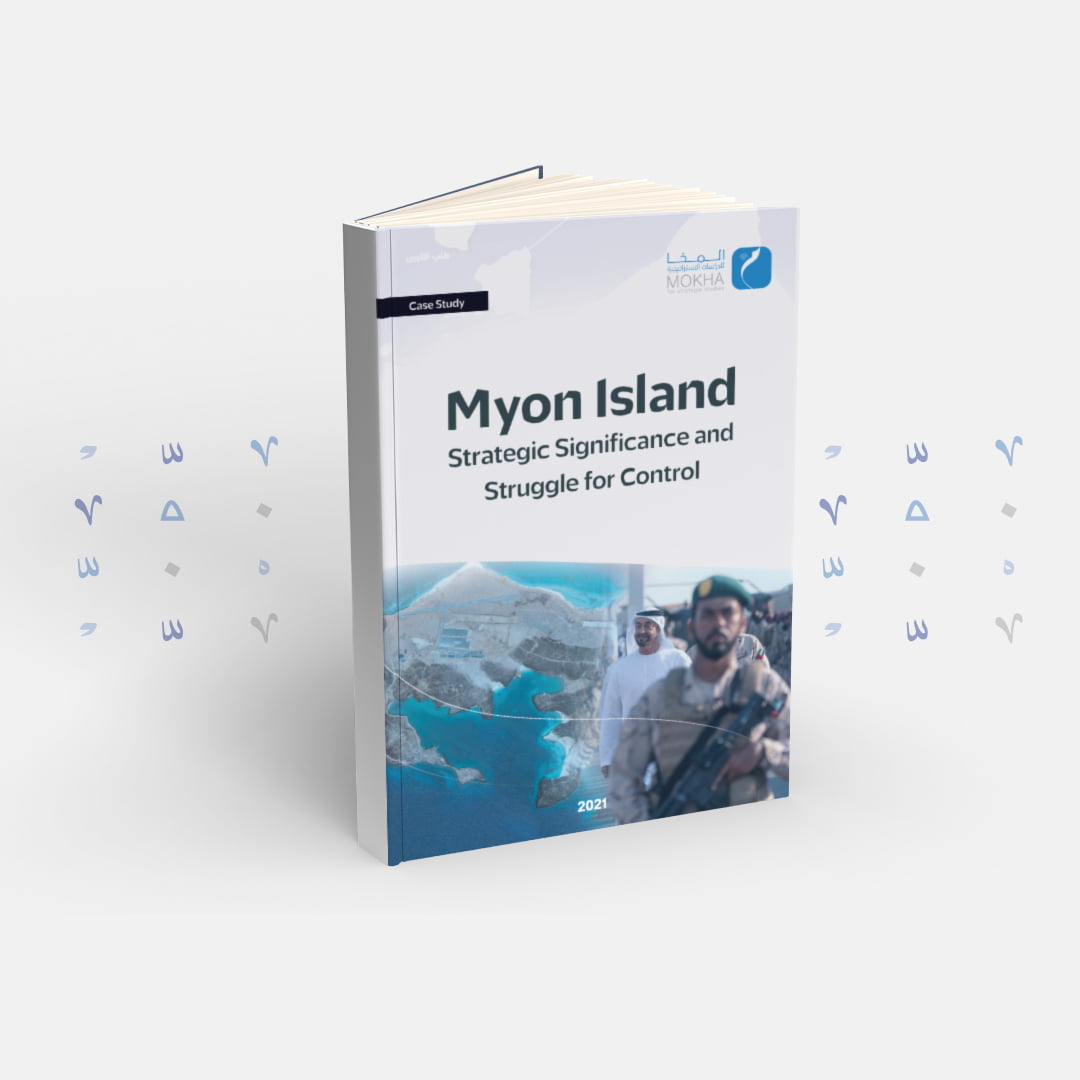Myon Island..Strategic Significance and Struggle for Control

As of today, Mayon Island holds immense strategic importance on a global scale due to its strategic location in the Bab al-Mandab Strait, which serves as the southern gateway to the Red Sea. This strait is a crucial waterway through which approximately 21 thousand ships pass annually, with an average of 57 oil ships per day. The amount of oil transported through the strait is estimated to be between 3 to 4 million barrels per day, accounting for about 6% of the world’s oil movement. Consequently, the Bab al-Mandab Strait acts as a critical artery connecting the east and west, as well as the south and north, and plays an integral role in conjunction with the Suez Canal.
Given the significance of this location, any potential threat arising from the Bab al-Mandab Strait or Mayon Island would not only affect Yemen’s national interests but also impact the neighboring countries bordering the Red Sea, the Arabian Gulf, and the nations of the Horn of Africa. Additionally, it would have ramifications on international shipping lines and global trade.
The Yemeni public was surprised to learn that the UAE had established its military base on the island, utilizing Yemeni armed groups for this purpose. This raised concerns about the UAE’s real intentions in joining the Arab Coalition to Support Legitimacy in Yemen, suspecting that it aimed to achieve agendas beyond the stated goals of the coalition. Over the past few years, the UAE has displaced the local population of Mayon Island and granted Emirati citizenship to approximately half of the island’s residents, around 86 families, to strengthen its control over the area. The Mayon Air Base has given the UAE the ability to assert control over shipping lines for oil tankers and ships.
The construction of the Emirati military base on Mayon Island has garnered significant media attention in Yemen and has been a topic of widespread controversy on social media platforms. Yemeni Parliament members view these actions as a violation of Yemen’s sovereignty and territorial integrity.
The UAE is involved in a strategic race that goes beyond the war in Yemen, as it seeks to enhance its presence in neighboring African coasts, including ports in Eritrea, Somalia, Djibouti, Aden, and most recently, Mayon Island. Therefore, it is essential for the Yemeni government to reconsider the role of the “Arab coalition” in accordance with the principles of the Yemeni constitution and international laws. The coalition’s objectives should be aligned with restoring legitimacy and supporting the return of the Yemeni government, rather than engaging in actions that exceed its declared goals.

